U.S. pledges to bolster DRC against rebel, foreign forces
The U.S. and Africa's Great Lakes states agreed to strengthen the DR Congo's (DRC) security forces
Wednesday, 05.12.2007.
16:19

The U.S. and Africa's Great Lakes states agreed to strengthen the DR Congo's (DRC) security forces The move comes in the face of the growing threat to the DRC from rebel and foreign forces. U.S. pledges to bolster DRC against rebel, foreign forces U.S. Secretary of State Condoleezza Rice gave no details when she announced the agreement in Addis Ababa following talks with the DR Congo's Interior Minister Denis Kalume and the leaders of Rwanda, Uganda, and Burundi. The talks in the Ethiopian capital were being held amid an offensive by the government forces of DRC President Joseph Kabila against allies of a renegade Tutsi general, Laurent Nkunda, in the east of the country. Rice and the African leaders also recommitted to a November 9 deal reached by DR Congo with Rwanda in Nairobi which sought to balance the need to drive both the general and Hutu militiamen out of the country. A western military observer who asked not to be named said the problem was that there were not enough government troops to take on both the renegade forces and the Democratic Forces for the Liberation of Rwanda. The DFLR has been implicated in the 1994 genocide of Tutsis in Rwanda. In a communique read out by Rice, the US and Great Lakes states "committed to a rapid strengthening of the security institutions of the DRC," while also committing "again not to harbour negative forces." In addition to Nkunda's renegade troops and the DFLR militia, the Lord's Resistance Army of Uganda are operating within the DR Congo. The Great Lakes heads of state present were Burundian President Pierre Nkurunziza, Rwandan President Paul Kagame, Ugandan President Yoweri Museveni. Museveni welcomed the efforts to recommit to a long-standing DRC stabilization plan, but with "more vigour" than in the past. He did not elaborate. The region has been wracked by violence since the early 1990s with the civil war that began in Burundi in 1993, the Rwandan genocide in 1994 and the regional war that raged in the DR Congo between 1998 and 2003. On her way to the talks here Rice told journalists on her plane she was "increasingly concerned about several African crisis spots," in particular the Great Lakes, Horn of Africa, and Sudan. Rice had been scheduled to meet Somali President Abdullahi Yusuf Ahmed to discuss the latest efforts to bring peace to the Horn of Africa country which has been locked in civil war since 1991. But he was unexpectedly hospitalized in Nairobi on Tuesday and newly-appointed Prime Minister Nur Hassan Hussein is expected to fill in for the ailing president. The international community is divided over the usefulness of sending UN peacekeeping forces to ensure stability in Somalia, where violence continues despite the rout of Islamist forces 10 months ago by Ethiopian troops. Washington wants to broaden the support base of the government, tackle a humanitarian emergency, isolate extremists and push for quicker deployment of African Union peacekeeping forces in Somalia. On Sudan, Rice will also discuss efforts to bolster the fragile 2005 Comprehensive Peace Agreement (CPA) between the Islamist government of President Omar el-Beshir in Khartoum and the mainly non-Muslim south. But US officials did not expect Beshir to send anyone to talk with southern Sudanese representatives in Addis Abbaba. In her talks with Ethiopia's Prime Minister Zenawi the two are likely to discuss renewed tensions with neighboring Eritrea, U.S. diplomats said. Ethiopia remains in a tense standoff with its arch-enemy Eritrea, following the dissolution last week of a commission tasked with brokering an agreement on the neighbors' disputed common border. The Horn of Africa neighbours fought a border war from 1998 to 2000 that left 70,000 people dead.
U.S. pledges to bolster DRC against rebel, foreign forces
U.S. Secretary of State Condoleezza Rice gave no details when she announced the agreement in Addis Ababa following talks with the DR Congo's Interior Minister Denis Kalume and the leaders of Rwanda, Uganda, and Burundi.The talks in the Ethiopian capital were being held amid an offensive by the government forces of DRC President Joseph Kabila against allies of a renegade Tutsi general, Laurent Nkunda, in the east of the country.
Rice and the African leaders also recommitted to a November 9 deal reached by DR Congo with Rwanda in Nairobi which sought to balance the need to drive both the general and Hutu militiamen out of the country.
A western military observer who asked not to be named said the problem was that there were not enough government troops to take on both the renegade forces and the Democratic Forces for the Liberation of Rwanda.
The DFLR has been implicated in the 1994 genocide of Tutsis in Rwanda.
In a communique read out by Rice, the US and Great Lakes states "committed to a rapid strengthening of the security institutions of the DRC," while also committing "again not to harbour negative forces."
In addition to Nkunda's renegade troops and the DFLR militia, the Lord's Resistance Army of Uganda are operating within the DR Congo.
The Great Lakes heads of state present were Burundian President Pierre Nkurunziza, Rwandan President Paul Kagame, Ugandan President Yoweri Museveni.
Museveni welcomed the efforts to recommit to a long-standing DRC stabilization plan, but with "more vigour" than in the past. He did not elaborate.
The region has been wracked by violence since the early 1990s with the civil war that began in Burundi in 1993, the Rwandan genocide in 1994 and the regional war that raged in the DR Congo between 1998 and 2003.
On her way to the talks here Rice told journalists on her plane she was "increasingly concerned about several African crisis spots," in particular the Great Lakes, Horn of Africa, and Sudan.
Rice had been scheduled to meet Somali President Abdullahi Yusuf Ahmed to discuss the latest efforts to bring peace to the Horn of Africa country which has been locked in civil war since 1991.
But he was unexpectedly hospitalized in Nairobi on Tuesday and newly-appointed Prime Minister Nur Hassan Hussein is expected to fill in for the ailing president.
The international community is divided over the usefulness of sending UN peacekeeping forces to ensure stability in Somalia, where violence continues despite the rout of Islamist forces 10 months ago by Ethiopian troops.
Washington wants to broaden the support base of the government, tackle a humanitarian emergency, isolate extremists and push for quicker deployment of African Union peacekeeping forces in Somalia.
On Sudan, Rice will also discuss efforts to bolster the fragile 2005 Comprehensive Peace Agreement (CPA) between the Islamist government of President Omar el-Beshir in Khartoum and the mainly non-Muslim south.
But US officials did not expect Beshir to send anyone to talk with southern Sudanese representatives in Addis Abbaba.
In her talks with Ethiopia's Prime Minister Zenawi the two are likely to discuss renewed tensions with neighboring Eritrea, U.S. diplomats said.
Ethiopia remains in a tense standoff with its arch-enemy Eritrea, following the dissolution last week of a commission tasked with brokering an agreement on the neighbors' disputed common border.
The Horn of Africa neighbours fought a border war from 1998 to 2000 that left 70,000 people dead.


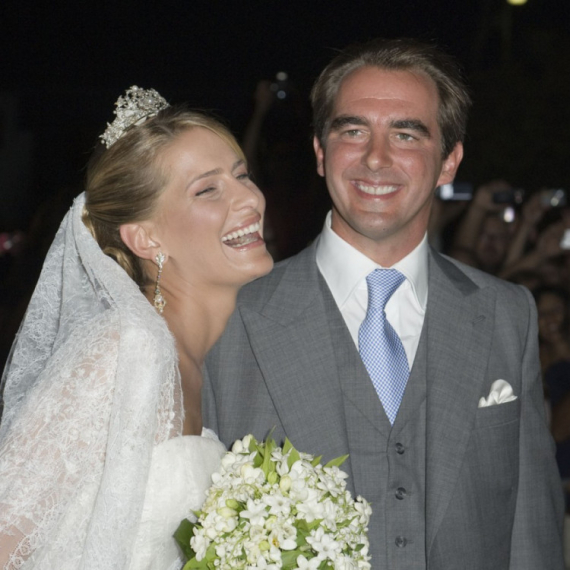








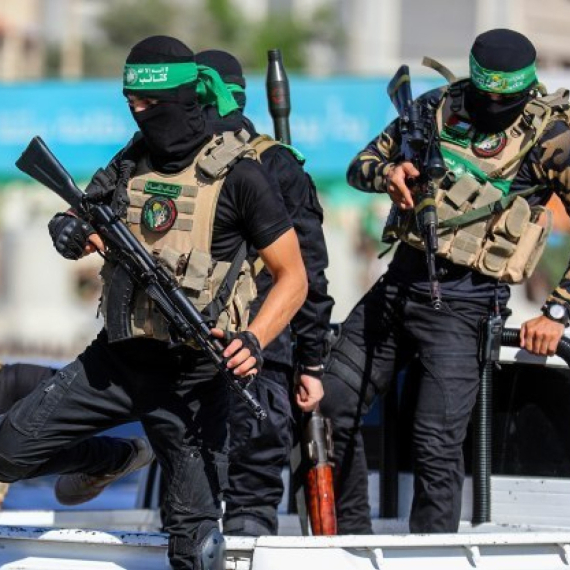



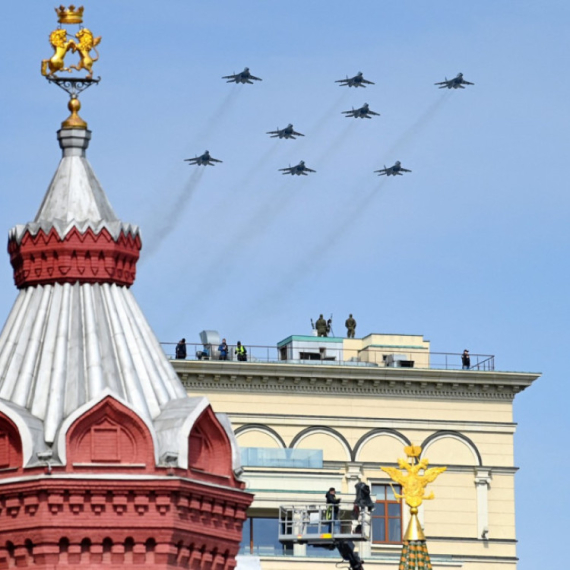
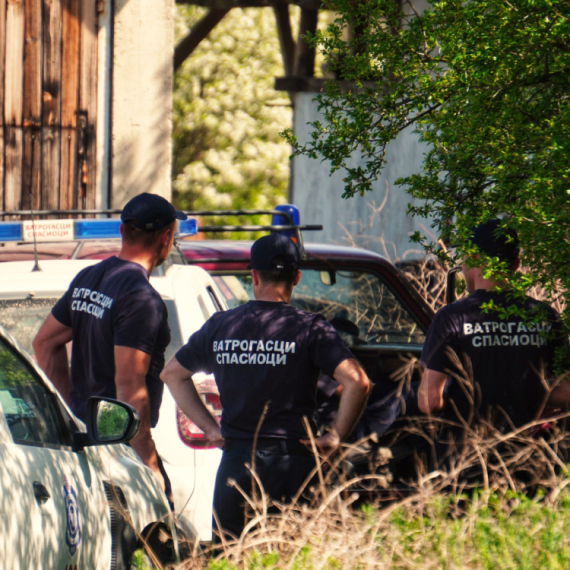

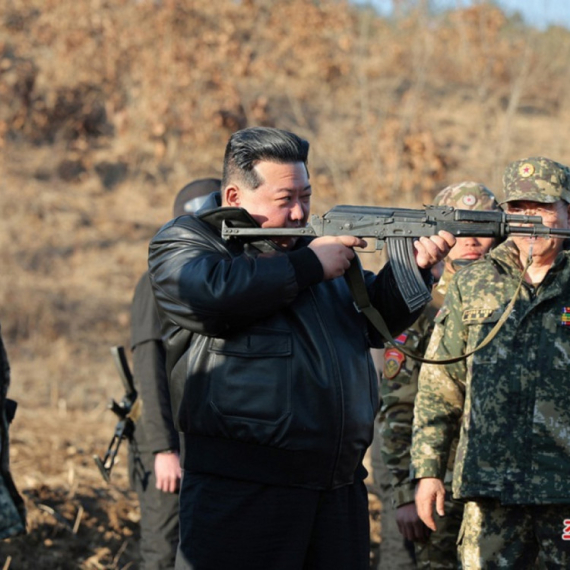
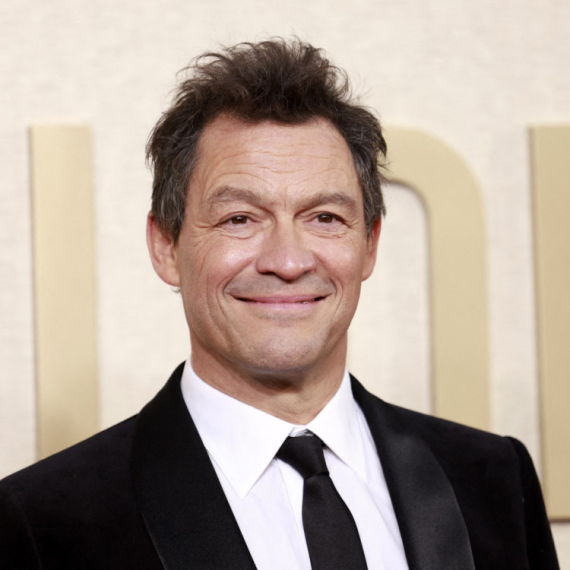

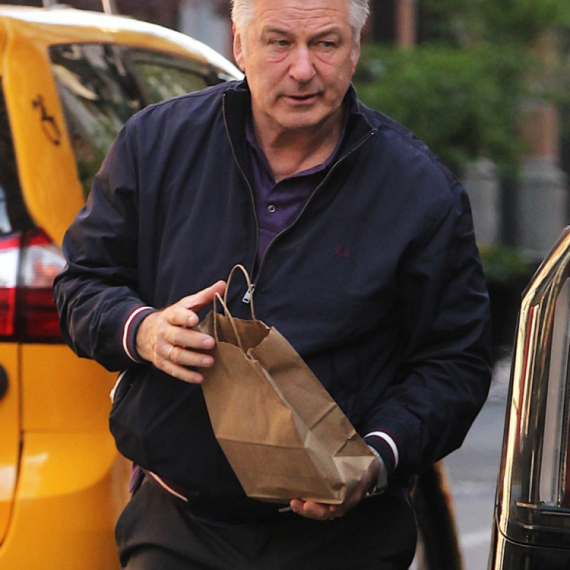
















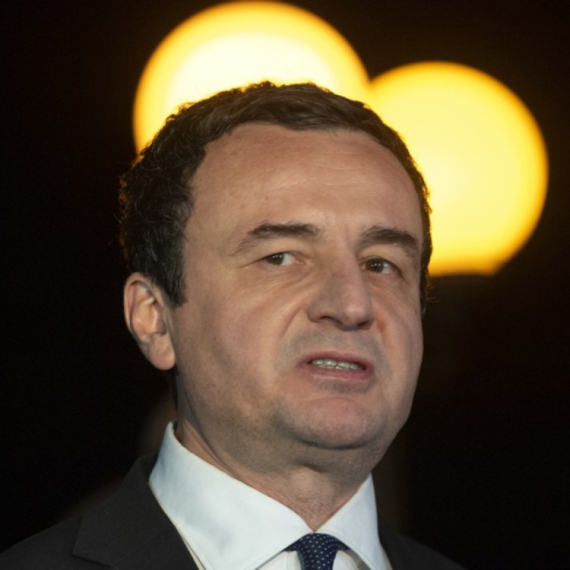


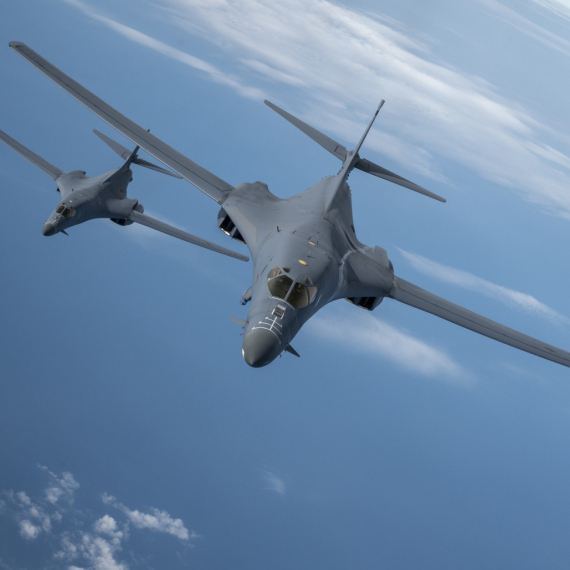
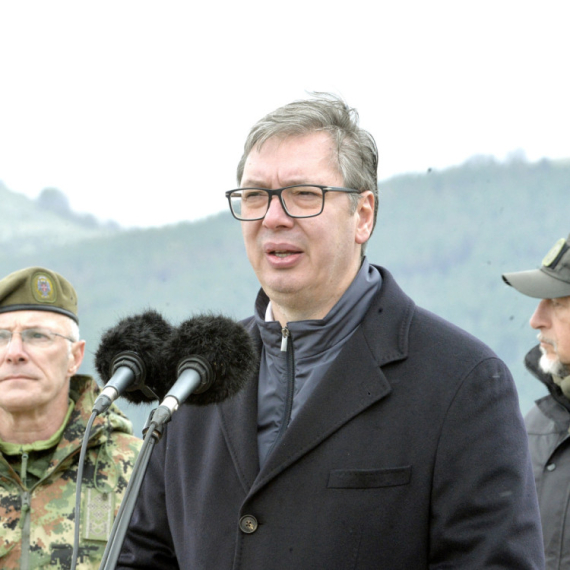



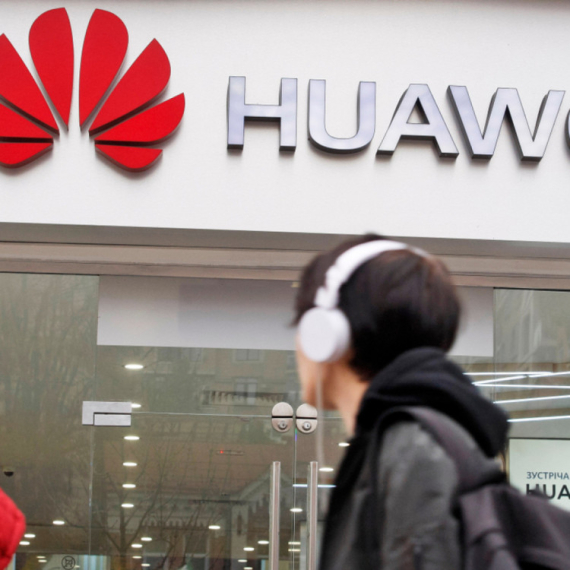







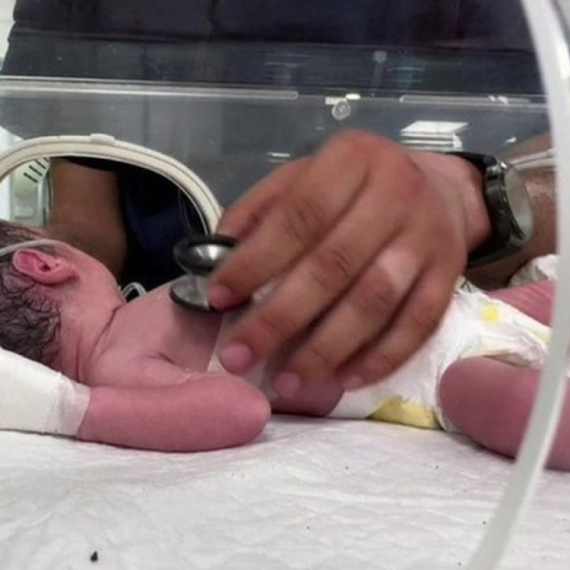


Komentari 0